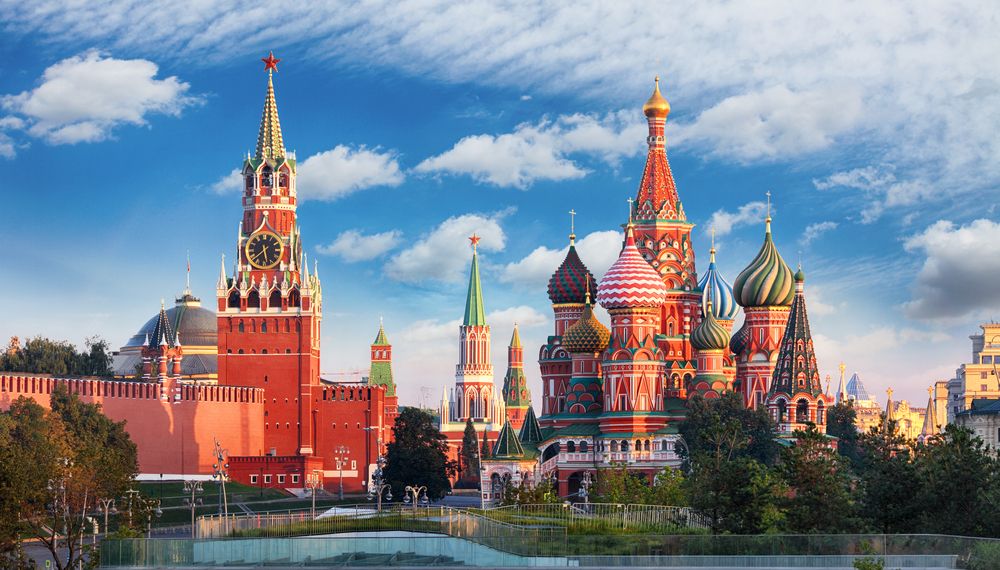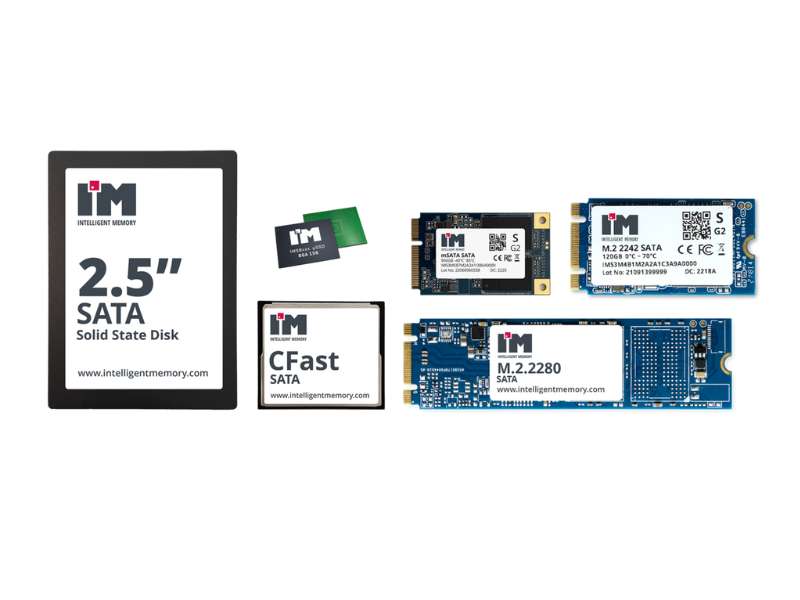In a striking rebuke, Greenpeace has called out the global electronics industry for its inadequate efforts in reducing carbon dioxide emissions. A recent report by the environmental group scrutinised the decarbonisation initiatives of eleven leading electronics companies, finding their actions insufficiently aligned with the ambitious goals of the Paris Agreement.
Despite various pledges by eight out of these eleven companies to achieve net-zero emissions by mid-century, none have committed to halving their emissions by 2030. This target is considered essential to limit global warming to 1.5°C, as stipulated by the Paris Agreement. Greenpeace’s assessment reveals a disconcerting trend: five major manufacturers, including Intel, Foxconn, Luxshare Precision, Samsung, and TSMC, have seen an increase in their emissions in 2022 compared to 2020. This rise is partly attributed to the escalation in production over the same period.
Intel, while receiving commendation for its commitment to transition to 100% renewable energy by 2030, is criticised for its reliance on renewable energy certificates (RECs). These certificates, according to financial analysts S&P Global, may not foster new renewable energy projects such as wind or solar farms and can still permit continued fossil fuel dependency during periods of low renewable energy generation.
Greenpeace acknowledges TSMC for advancing its 100% renewable energy target from 2050 to 2040. In contrast, Samsung’s decision to stick with a 2050 deadline for renewable energy transition is deemed too distant to mitigate the most severe impacts of climate change. Samsung is especially singled out for its slow pace in renewable energy transition, lack of a 2030 emissions reduction target, and heavy reliance on low-impact sourcing methods.
The most scathing critique is reserved for Foxconn, the Taiwanese giant known for manufacturing Apple’s iPhone. Foxconn’s renewable electricity usage was a meagre 8% of its total consumption in 2022, and its CO2 emissions surpassed those of entire countries like Iceland.
Greenpeace’s previous report in 2022 similarly criticised consumer electronics brands like Amazon, Microsoft, Google, and Sony for their continued reliance on fossil fuels in their supply chains, despite setting renewable energy and climate targets for their operations. These companies had set climate goals inclusive of their supply chains but lacked clear strategies to achieve them.
Greenpeace emphasises the necessity for electronics suppliers to power their supply chains with 100% renewable energy by 2030 through high-impact sourcing methods like Power Purchase Agreements and direct investment in renewable energy. The report urges companies to eschew promoting their products as ‘green’ while their supply chains remain reliant on coal and gas. Xueying Wu, a Greenpeace East Asia campaigner, asserts that reaching 100% renewable energy within the decade is feasible for every ranked supplier, but ambition must be the starting point.
Thousands of senior engineers and procurement professionals subscribe to our LinkedIn Market Intel newsletter – get yours here
For more help with looking at supply chain options, contact Astute Electronics







